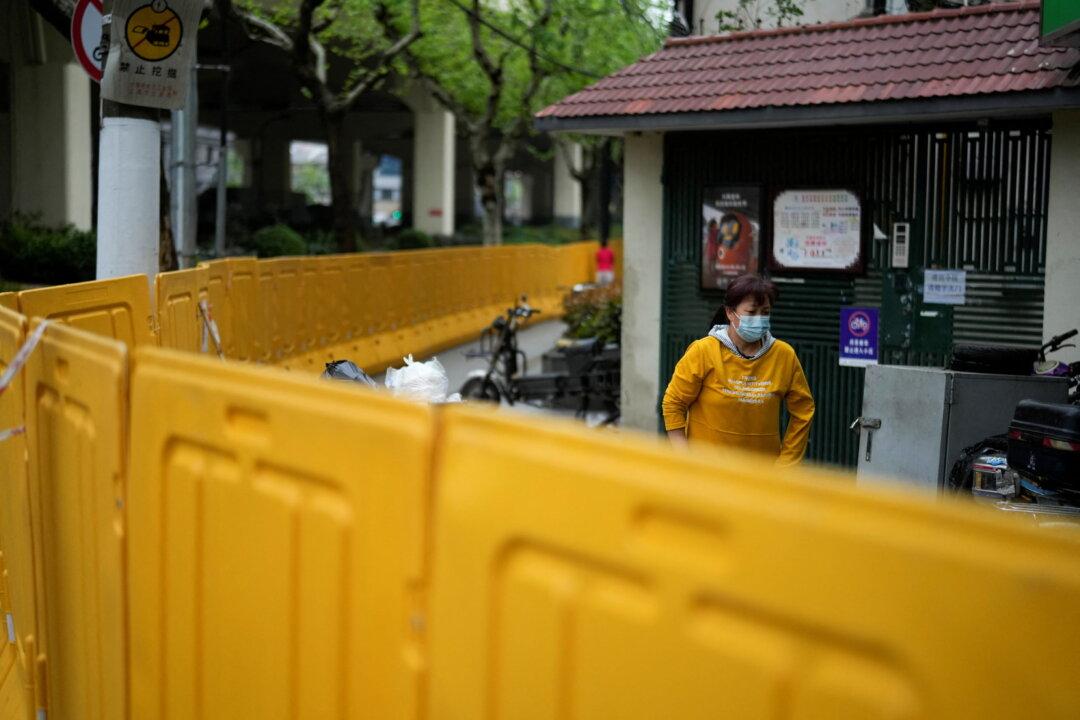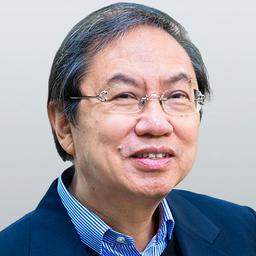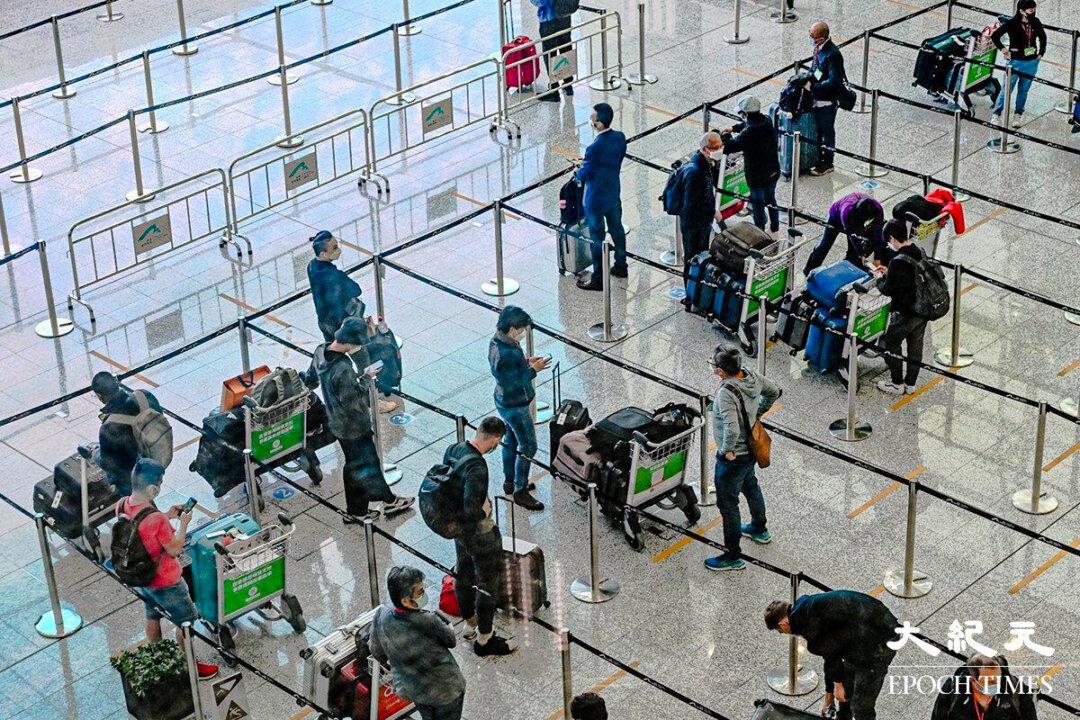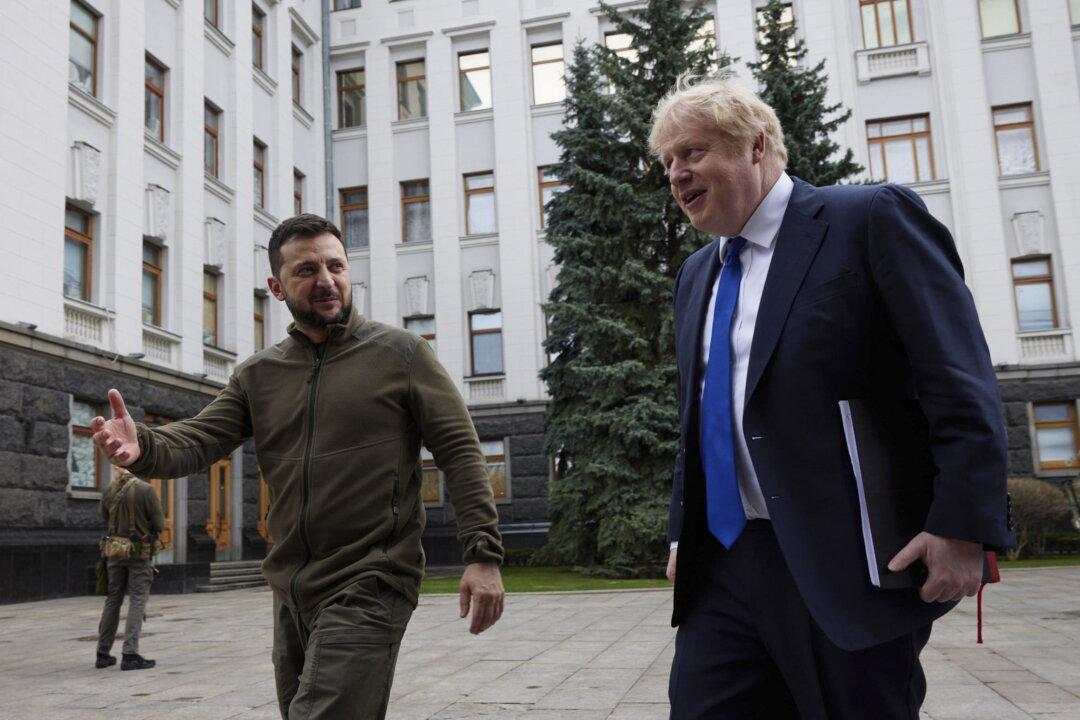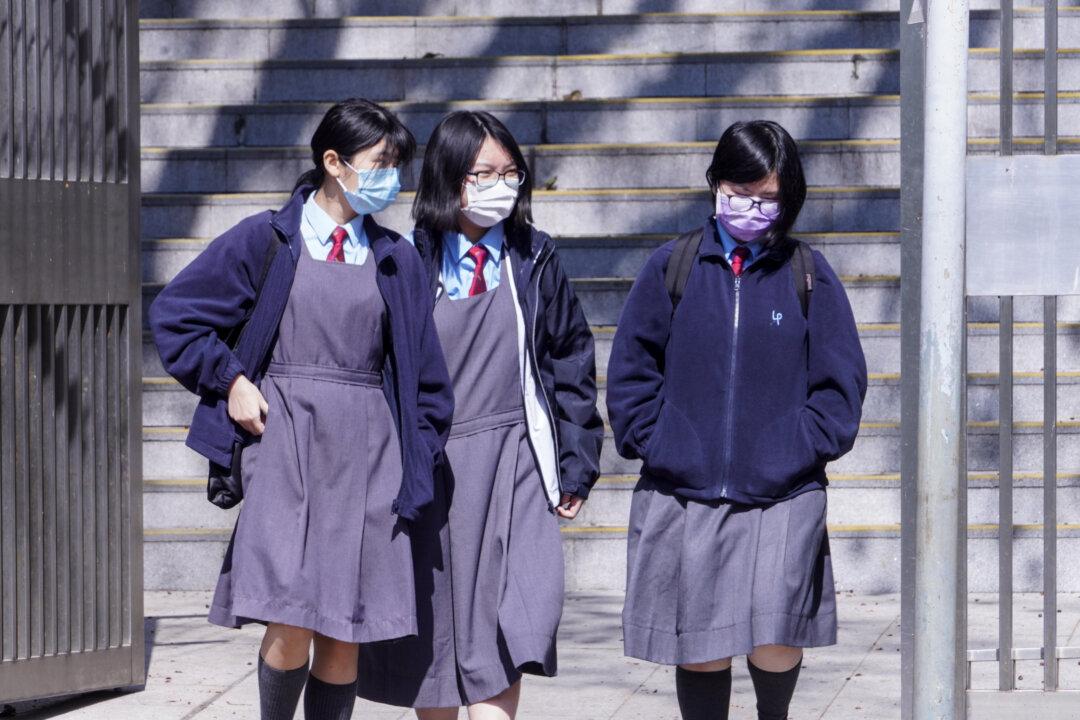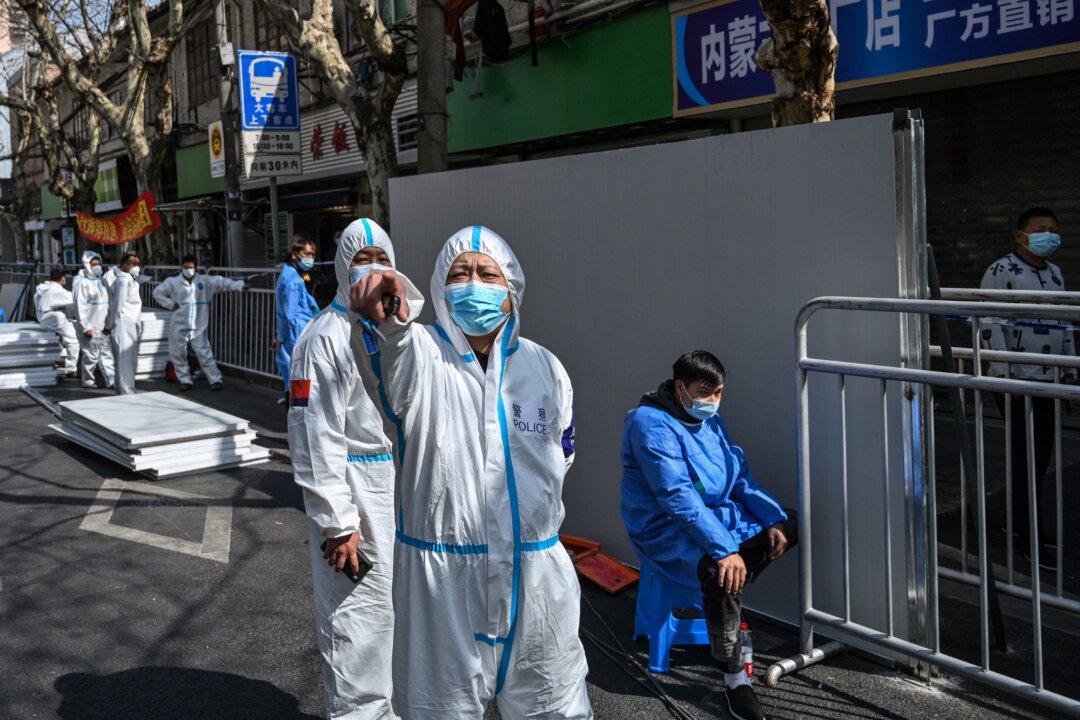Commentary
Early last week, the pandemic situation in Shanghai continued to deteriorate. But according to official reports, there was only one serious case. Netizens naturally raised the question: was it worthwhile to lock down the city with a population of 25 million for a single serious case? Public opinion, however, is not expected to have an impact. Local officials understand that the leadership demands strict accountability in the combat of the epidemic; those who perform will be promoted and those who fail to deliver will lose their positions, especially when the 20th Party Congress is approaching.
